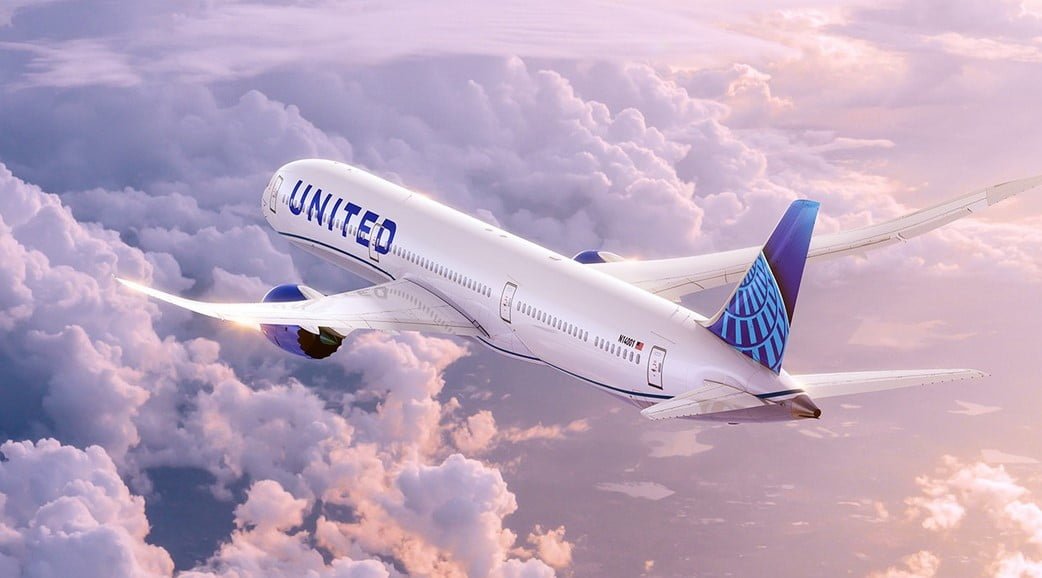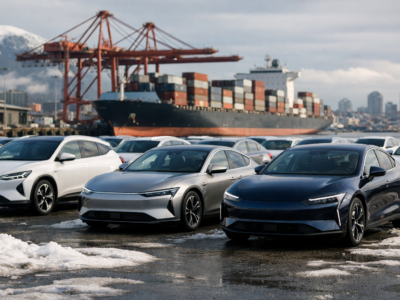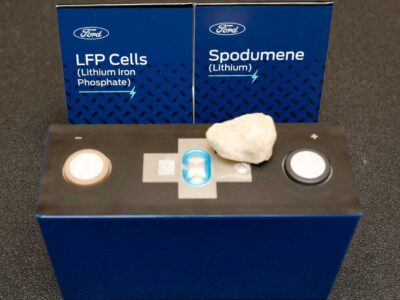
United Airlines announced on Tuesday that it has partnered with global firms such as Nike and Siemens in an “Eco-Skies Alliance” to fund the use of approximately 3.4 million gallons of sustainable and low-carbon aviation fuel derived from waste this year.
Though small compared to the 4.3 billion gallons of aviation fuel United Airlines consumed in 2019 before the onset of the COVID-19 pandemic, the amount triples the approximately 1 million gallons of sustainable fuel it has used annually since 2016.
Airlines have been using sustainable fuel since 2008 as part of efforts to reduce emissions, but this accounts for just 1% of the globally used aviation fuel so far, according to industry groups.
United, based in Chicago, named 11 out of over a dozen global partners for the initiative but did not disclose the cost or how much each would contribute.
Air transportation represents 2% to 3% of greenhouse gas emissions, said the French aerospace association on Tuesday. Environmental groups argue that the overall contribution from the sector is higher.
Partners include companies with corporate or cargo agreements with United, such as Nike, Siemens, Palantir, and Japan’s Takeda Pharmaceutical Co.
United stated that the project provides customers a way to help reduce the environmental impact of flying beyond purchasing carbon offsets and could help create a broader market for sustainable aviation fuels.
“We’ll see how it develops,” CEO Scott Kirby told the press. “I think there’s a great appetite for it.”
The airline industry has focused more broadly on purchasing carbon offsets to reduce the environmental impact of flying, awaiting the arrival of new technology to meet the sector’s goal of halving net emissions by 2050 compared to 2005.
Environmental critics argue that offsets do not directly address climate goals and mask the issue of ongoing aircraft emissions.
United, which, along with other carriers, has expressed a desire to aggressively reduce net emissions by 100% by 2050, has criticized offsets and announced a recent investment in “carbon capture” technology. It has invested in a sustainable aviation fuel producer called Fulcrum BioEnergy.
“While we know that airplanes will never fully decarbonize, we’re not going to use offsets as a way to get to 100% green,” said Kirby.
The airline industry association IATA says the greenhouse gas emissions from the life cycle of sustainable fuel can be at least 80% lower than regular fuel and are the only mid-term option to curb emission growth, as airlines cannot yet transition to electric planes.
Delta Air Lines has stated plans to replace 10% of its aviation fuel, currently refined from fossil fuels, with sustainable aviation fuel by 2030.
While using waste avoids taking land from food production, environmental groups like Transport & Environment say such supplies are limited and face competition from other sectors.







